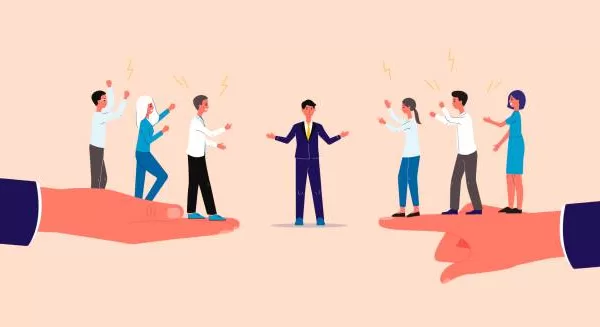Leadership skills are the abilities and qualities that enable a person to effectively guide and motivate a group of people towards a common goal. Some common leadership skills include:
- Communication: The ability to clearly and effectively communicate ideas, goals, and expectations to team members.
- Decision-making: The ability to make sound and timely decisions, even in the face of uncertainty or conflicting information.
- Strategic thinking: The ability to analyze a situation, identify key issues, and develop a plan of action to achieve a desired outcome.
- Problem-solving: The ability to identify and solve problems in a proactive and creative manner.
- Emotional intelligence: The ability to recognize and manage one’s own emotions and the emotions of others.
- Collaboration: The ability to work effectively with others and foster a sense of teamwork and cooperation.
Experiential learning and team building activities can be effective ways to learn and develop leadership skills. Experiential learning involves learning through hands-on experiences and activities, rather than through lectures or theoretical discussions. Team building activities, such as trust-building exercises or problem-solving challenges, can help individuals develop leadership skills by providing opportunities to work with others and practice skills such as communication, collaboration, and decision-making.
Some examples of experiential learning and team building activities that can help individuals develop leadership skills include:
- Role-playing exercises: Role-playing exercises can provide a safe and controlled environment for individuals to practice their leadership skills and receive feedback on their performance.
- Simulation games: Simulation games, such as business or strategy games, can provide a fun and engaging way to practice leadership skills and decision-making.
- Outdoor adventure or challenge courses: Outdoor adventure or challenge courses can provide a physically and mentally challenging environment that can help individuals develop leadership skills such as problem-solving and collaboration.
- Team building retreats: Team building retreats or workshops can provide a structured environment for individuals to work on leadership skills and team-building skills through activities and discussions.
By participating in experiential learning and team building activities, individuals can gain practical experience and receive feedback on their leadership skills, which can help them become better leaders in business.




